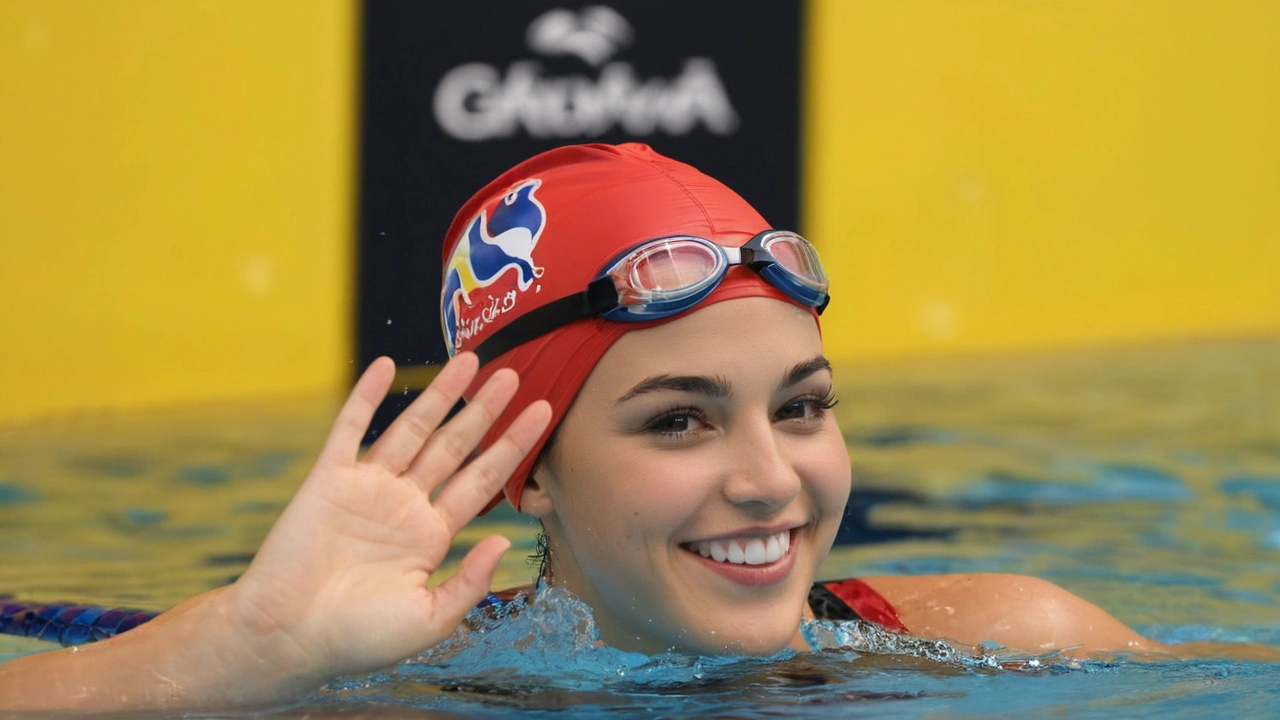Athlete misconduct — what it looks like and why it matters
Athlete misconduct ends careers and sparks headlines faster than a last-minute winner. From on-field violence and racist abuse to doping, match-fixing and dangerous fan behaviour, these incidents change games, ruin reputations and cost clubs big fines. You don’t need a law degree to spot it, but knowing what counts and how organisations respond helps you judge a story before you share it.
Common types and real examples
Misconduct takes many forms. On-field fouls that cross the line become criminal assaults. Off-field crimes can include abuse, harassment or corruption. Then there’s cheating like doping or match-fixing, and fan-driven issues such as flares or laser pointers that force sanctions.
Think of a recent match where a controversial non-goal sparked debate about tech and refereeing standards — that’s a form of sports controversy that often falls under the same tag because it questions fairness. Or consider clubs fined after fans used flares and lasers in CAF matches: the penalty doesn’t just hit the crowd, it hits the club’s wallet and reputation, and can lead to stricter stadium bans.
Even family drama around big boxing events or unclear behaviour from high-profile personalities can feed the misconduct narrative. These stories show how quickly sport spills over into legal, ethical and commercial problems.
How leagues, clubs and fans should react
Leagues have a toolbox: immediate suspensions, fines, formal investigations and cooperating with police when needed. Clubs often act fast to protect sponsors and the squad — they may launch internal probes or hand over evidence to governing bodies. Fans want fairness, not theatre, so transparent processes matter.
If you witness misconduct at a match, prioritize safety: move to a safe area and alert stewards or security. Record details — time, location, what you saw — but avoid getting in the way. If you see online abuse or harassment, report the accounts and save screenshots. Those small steps matter for investigations.
When a star faces allegations, wait for facts. Media coverage can be fast and heated, so check official club or league statements, and look for credible sources rather than rumours. Remember: an accusation and a proven offence are different things.
Want to reduce misconduct long term? Clubs must improve fan education, enforce clear stadium rules, and support whistleblowers. Leagues need consistent punishments so players and fans know the consequences. Sponsors can push change by backing clubs that act responsibly.
Athlete misconduct isn’t just gossip — it affects safety, fairness and the future of sport. Stay critical, report what you see, and support fair, transparent handling when incidents happen. That’s how fans help keep sport clean and safe.
